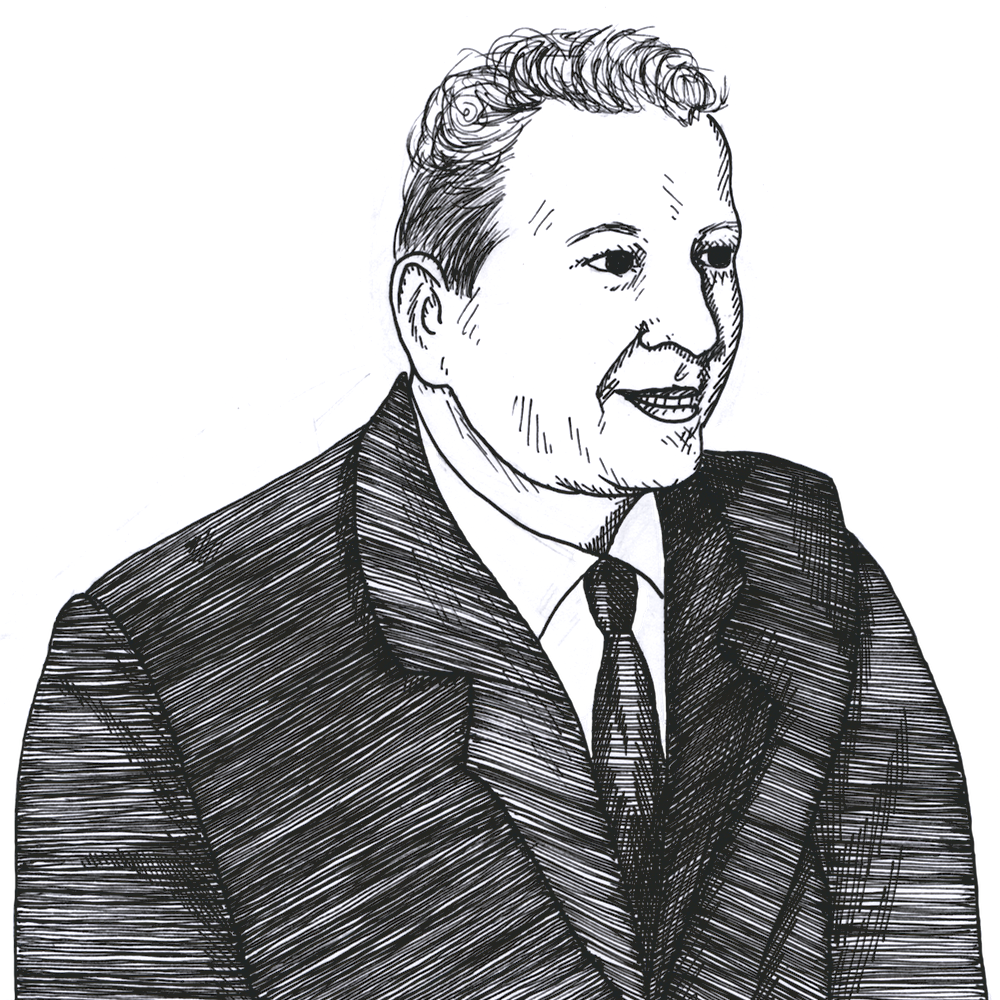
Bruno Leoni points out that elections are seriously flawed because majority rule is incompatible with individual freedom of choice (1961)
Found in: Freedom and the Law (LF ed.)
Bruno Leoni, in Freedom and the Law (1961), noted two serious problems with political voting, namely that it often volated individual freedom and resulted in rule by a minority:
Parties & Elections
But voting itself seems to increase the difficulties relating both to the meaning of “representation” and to the “freedom” of the individuals in making their choice. … Election is the result of a group decision where all the electors are to be considered as the members of a group, for instance, of their constituencies or of the electorate as a whole. We have seen that group decisions imply procedures like majority rule which are not compatible with individual freedom of choice of the type that any individual buyer or seller in the market enjoys as well as in any other choice he makes in his private life. The effects of coercion in the machinery of voting have been repeatedly pointed out by politicians, by sociologists, by political scientists (such as J.S. Mill who observed that) political issues are decided “by a majority of the majority who may be, and often are, but a minority of the whole.”